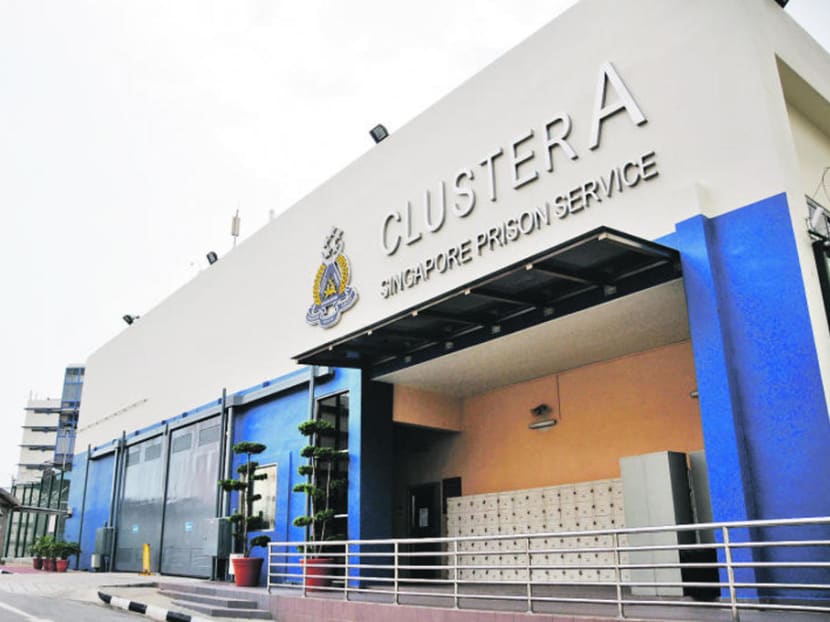Recidivism rate up slightly in 2019; more drug abusers in rehab
SINGAPORE – The percentage of ex-convicts returning to prison within two years of their release inched up slightly last year, said the Singapore Prison Service (SPS) on Friday (Feb 7) in its annual statistics brief.

More drug offenders are being given the opportunity to turn their lives around in the Drug Rehabilitation Centre, rather than serving a prison term.
SINGAPORE – The percentage of ex-convicts returning to prison within two years of their release inched up slightly last year, said the Singapore Prison Service (SPS) on Friday (Feb 7) in its annual statistics brief.
The overall two-year recidivism rate for inmates released in 2017 rose to 24 per cent, up from 23.7 per cent for 2016’s release cohort, said SPS.
Despite the increase, SPS said it considers this reoffending rate “low and stable”, and that it has managed to maintain this rate by helping offenders with their rehabilitation and preparing them for life outside of prison.
This includes putting repeat drug offenders who do not commit concurrent offences into the Drug Rehabilitation Centre (DRC), instead of serving a prison term.
Inmate admissions at the DRC jumped from 1,257 in 2018 to 2,080 last year, after the Misuse of Drugs Act was amended in January 2019 to allow drug abusers who are arrested three times or more for consumption-related offences to be admitted to the DRC. Previously, only those on their first and second consumption-related arrests went to the DRC while those with more arrests served prison terms.
Those detained at the DRC avoid having criminal records, and receive psychology-based correctional programmes.
At the DRC, drug abusers are assessed according to their needs and risks, and placed into psychology-based correctional programmes and skill training.
These programmes include classes and group counselling sessions to help inmates learn to manage their emotions and form new habits to replace their drug-taking tendencies.
DRC inmates also attend mandatory social skills training, where they are taught how to maintain and nurture social relationships, and become more aware of how their actions can affect their loved ones.
They can also serve later parts of their detention in Community-Based Programmes, which allow them varying levels of freedom to work, study or live outside of the DRC.
At a media interview on Thursday, third-time offender and DRC inmate Rahman (not his real name), 32, said he was glad that he was given a new chance to reform.
He said that during his previous two stints at the DRC, he closed himself off to counsellors and officers, not willing to change.
“My family gives me a chance, the Government gives me a chance, I thought why not give myself a chance?” he said, adding that he was determined to rid himself of drug addiction this time round.
Rehabilitation Officer (RO 2) Faizal Bin Abdul Hamid, 38, a housing unit officer at a DRC in Changi Prison, said that getting DRC inmates to engage and express their emotions is difficult, as they are unfamiliar with doing this.
But he gets a sense of satisfaction when he sees inmates successfully re-enter society after their release, he said.
Released inmates also had more job opportunities available in 2019 compared to before, with 5,603 employers registered with the Singapore Corporation of Rehabilitative Enterprises (Score) last year, up from 5,307 in 2018.
Score, which provides job opportunities for offenders before their release, secured employment for 96 per cent of inmates referred to them last year, said SPS.









